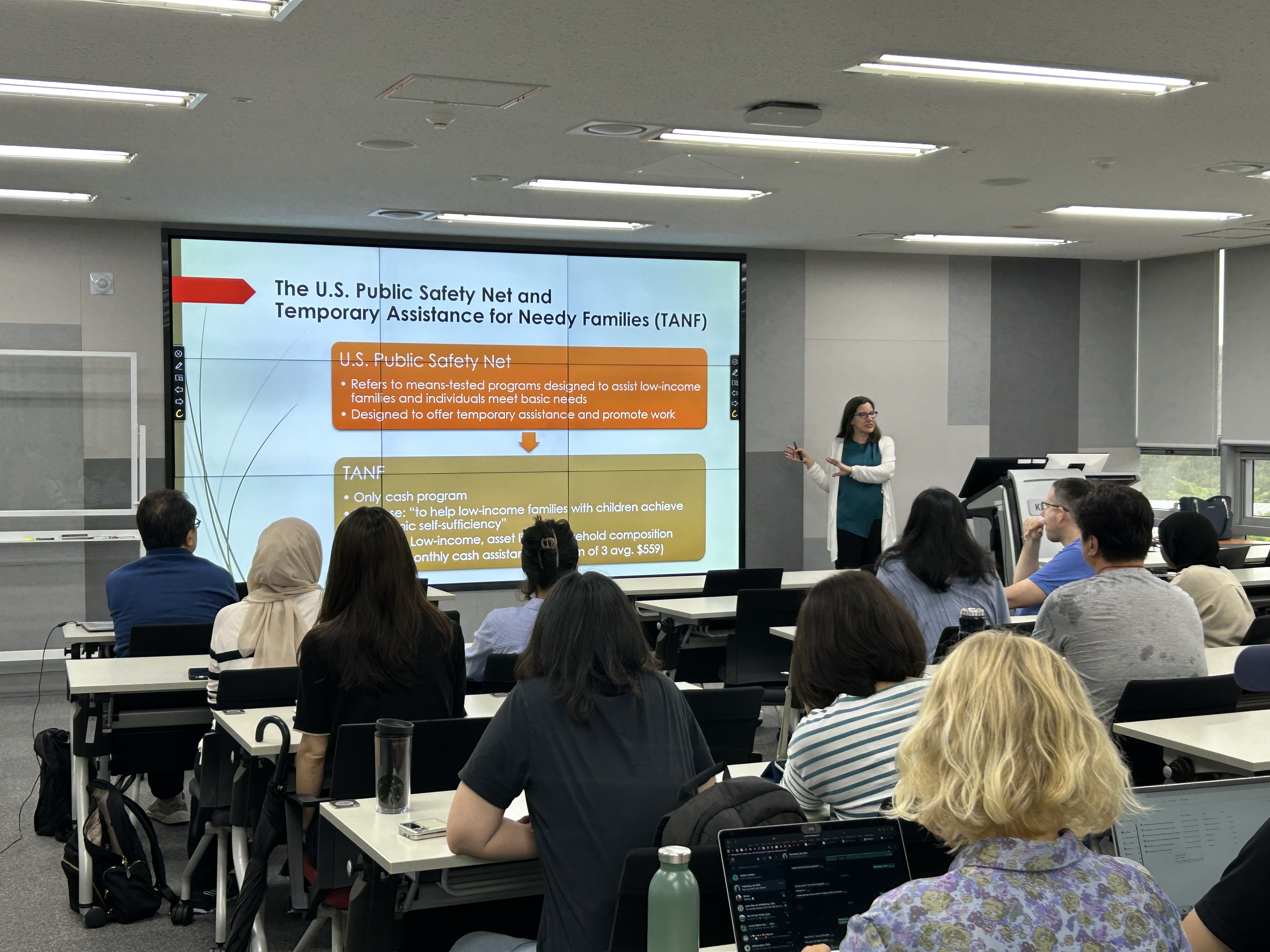
Courtesy CAIT Following a two-year study, the Rutgers Center for Advanced Infrastructure and Transportation (CAIT) and the Bloustein School’s Alan M. Voorhees Transportation Center issued a report and recommendations to tackle transportation needs and barriers for adults on the autism spectrum.
An integrated approach to providing access to reliable and safe transportation is needed for adults on the autism spectrum and their families, according to a new Rutgers study that offers recommendations for removing barriers to better mobility.
The Rutgers report addresses transportation obstacles that those with autism spectrum disorders (ASD) and other developmental disabilities, and their families, must overcome to carry out their daily activities and offers recommendations on how to remove the obstacles. Many challenges are associated with transportation, such as the inability to live independently, reach employers and health care providers and even engage in community and social activities.
The research found that New Jersey adults with ASD travel primarily as passengers of cars driven by their parents and other family members, which often results in stress, inconvenience and employment difficulties for both the adults with ASD and their drivers. While the availability of accessible public transportation is crucial for everyone with all types of disabilities, including adults on the autism spectrum, many do not have access to public transport or possess the familiarity or skills to use these services.
“Very little has been written about the transportation issues encountered by adults with autism spectrum disorders,” said Cecilia Feeley, transportation autism project manager at the Center for Advanced Infrastructure and Transportation (CAIT) and the study’s co-principal investigator. The center conducted the two-year study with the Alan M. Voorhees Transportation Center at the Bloustein School.
The report, Detour to the Right Place: A Study with Recommendations for Addressing the Transportation Needs and Barriers of Adults on the Autism Spectrum in New Jersey, gathered information on the challenges New Jersey adults with ASD face as they pursue employment, continuing education and other opportunities, Feeley said. The researchers interviewed 25 public and private stakeholders that serve the autism community, surveyed more than 700 adults with ASD and family members about transportation barriers, and staged six focus groups – four with adults with ASD and two with parents or guardians.
Participants from each focus group described their optimum transportation service provider as one that offers reliable and consistent service that crosses county borders, picks up customers close to their homes and offers travel instruction to empower adults with ASD to safely and independently use public transit. Parents noted the need for drivers to be well-trained in transporting adults with ASD. Adults on the spectrum desired service frequency in both peak and off-peak hours to improve their ability to pursue social events and outings. Both groups lamented that travel instruction was not offered in schools, nor included in students’ Individualized Education Plans (IEPs).
“Unfortunately, what we found is that transportation and safe mobility skills are not often taught during young adults’ school transition period or covered in their IEPs,” said Andrea Lubin, a senior research specialist at the Voorhees Center. “After graduation, many individuals on the spectrum and their families struggle to find feasible transportation options.”
Among researchers’ recommendations:
- Establishing a New Jersey Autism and Developmental Disabilities Transportation Research Center to investigate and implement strategies for this population.
- Developing and supporting transportation-focused training programs in educational settings and familiarlizing children on the ASD spectrum and family members on transportation/mobility issues and options prior to graduation.
- Developing and implementing rraining for vehicle operators and others who interact with adults with ASD for fixed-route transportation, paratransit, private, volunteer and on-demand services.
- Pursining location efficiancy strategies for organizations that support adults on the spectrum, such as job-training centers, residential facilities, day programs and employment sites.
- Conducting research on the relationship between employment and transportation for adults on the autism spectrum.
The final report and executive summary are free to download here or here.



